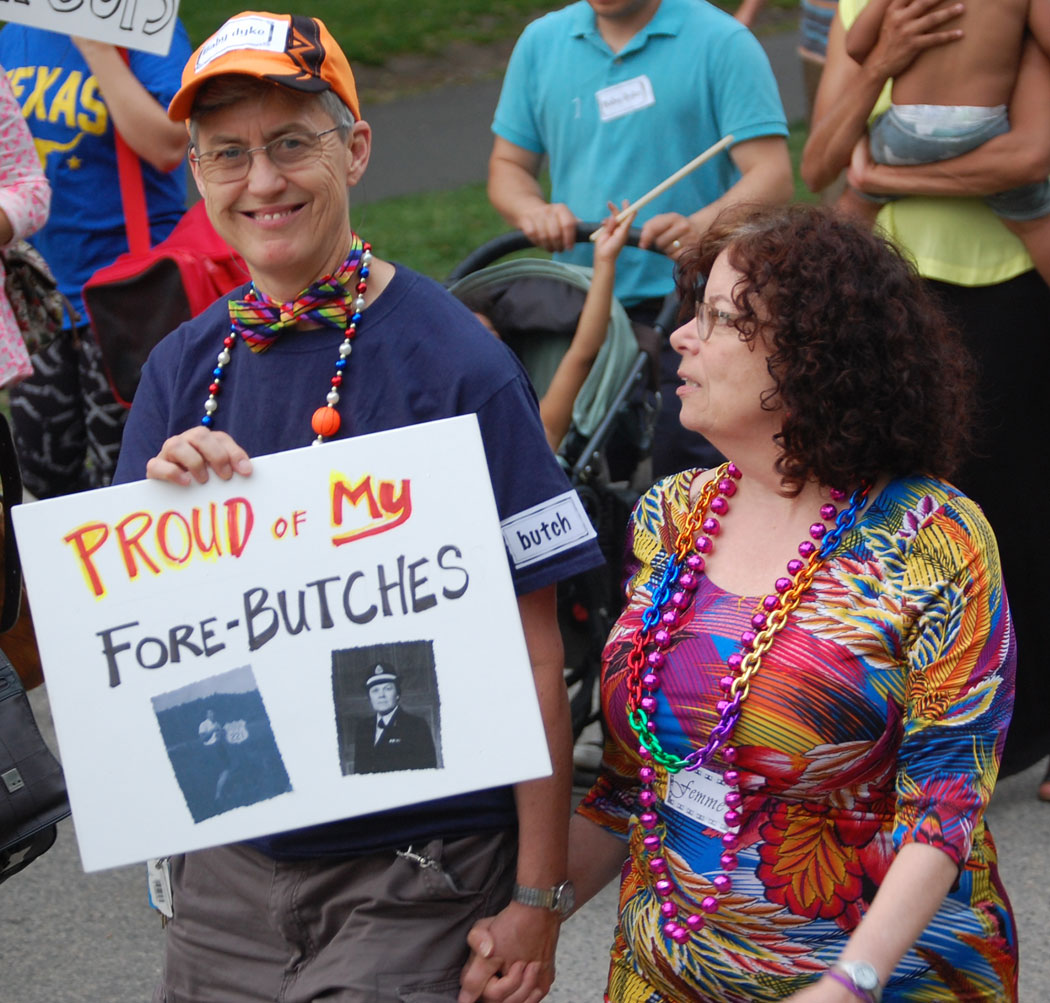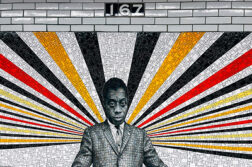Down the Rabbit Hole
0
I didn’t choose the road to transition because I wanted to be a man. I did so to survive life as I knew it in the 1970’s. Being such an obvious butch lesbian put me in harm’s way too many times. I was evicted from several residences after being confronted by the landlords, finding employment was almost impossible, and I was an easy target for any homophobe. Several confrontations became physical assaults, with two of them escalating into sexual assault.
There are those who called my decision the coward’s way out of a tough spot, but they weren’t walking in my shoes.
I had no idea what I was getting myself into. I wasn’t given a guarantee that life would be better, but I knew I had to do something before it was too late: desperate times call for desperate measures, as the saying goes. In the end, it was a much more difficult way to live – mentally, physically, and spiritually, a complete mind-fuck.
I saw the word detransition in print for the first time, when a woman who knows me better than just about anyone else sent me an article on the subject. The whole concept made my head spin, and she knew it would do just that. She’s sure to have been smiling, conjuring up the visual in her mind, as she tapped the button on her keyboard, sending me an email that read like a pass to freedom from solitary confinement.
The article led me to conversations in an online blog, being generated by women much younger than myself. Their decision to detransition came within the first five to seven years of beginning the process of transitioning. I’ve been down this road longer than any of the women who were discussing it had been alive!
There are only two people in my post-1986 life who know the severity of the angst and loneliness I experienced during my years in transition. They know how much I missed the presence of lesbian women in my everyday life, and the numerous times when I was unable to join a conversation or attend a lesbian function, knowing my presence would not have been welcome. Anyone who knew me well understood that given the opportunity to “take it all back,” I would gladly do so.
Detransitioning – even just as a private thought – was an intimidating prospect for me. My first response to the idea was of yet another transition, in reverse this time, and I was already exhausted from the first go-round. I’d been struggling with this self-inflicted dilemma for years, trying to find a way out. It makes me crazy to think about all the things I did or didn’t do, the experiences I encountered, and the total re-arrangement of my life, in order to deal with the daily push to be normal in this world.
Then the rules changed, and thirty plus years of flying under the radar and living in the shadows, became irrelevant practically overnight.
Everyone’s decision to take the journey into transitioning is unique to themselves. No one else can decide how it should proceed, and no one can know the end result for certain, including those who claim to be experts on the subject. They may know the technicalities and protocol of the transition procedure, but most will never understand the intricacies of what it’s actually like to go through. It’s practically impossible for anyone to understand the effort it takes unless a person experiences the process.
When the love of my life came into my world, she admitted that she couldn’t see me as anything but a proud Butch Dyke; she saw me as a lesbian. I want to thank her for sharing her thoughts. They were the catalyst bringing me back to my original self, and they were the sweetest words I’d ever had the pleasure to hear.
Detransitioning took a heavy weight off my shoulders, giving me the inner peace that had been absent from my life. The fluidity of gender allowed me the freedom to reclaim my Butch Dyke identity and my place in a larger community of lesbians, some of whom know my back story but don’t hold it against me. My contributions to this community are appreciated and respected. These lesbians’ acknowledgment of me as one of their own is the ultimate gift.
I want to thank the younger generation for bringing this conversation into the light for me. But their experiences are not those of someone who has lived the reality of transitioning for decades. The present-day conversations held by younger women are held in a time when viewpoints and opinions regarding the entire subject of being trans are seen in an altogether different form, and the topic is much more socially palatable. The words “transgender,” “non-binary,” and “gender-queer,” are for a younger generation; a friend of mine calls it the “third way.” Whatever the name, it was tremendously lonely, often amusing, very unsettling, and mostly exhausting.
These days, I see myself as a human being having lived in an interesting blend of two worlds, both of them crashing, banging, and intersecting with each other on a regular basis. Through transitioning, I got a look at life through a different lens, and I carry the experience into my daily routine and with every interaction. Living life in transition gave me the ability to see people in a different light and allowed me to accept that we are all in this life together, whether we like it or not.
All of us must learn life’s lessons in our own way. It’s what we do with the knowledge that really counts.
Recently retired from the medical field, Jessi Harris is an aspiring writer who is currently working on her memoirs chronicling her experience as a lesbian living in transition. She and her partner live in the Pacific Northwest with their 2 horses, 3 dogs, and 2 cats.





